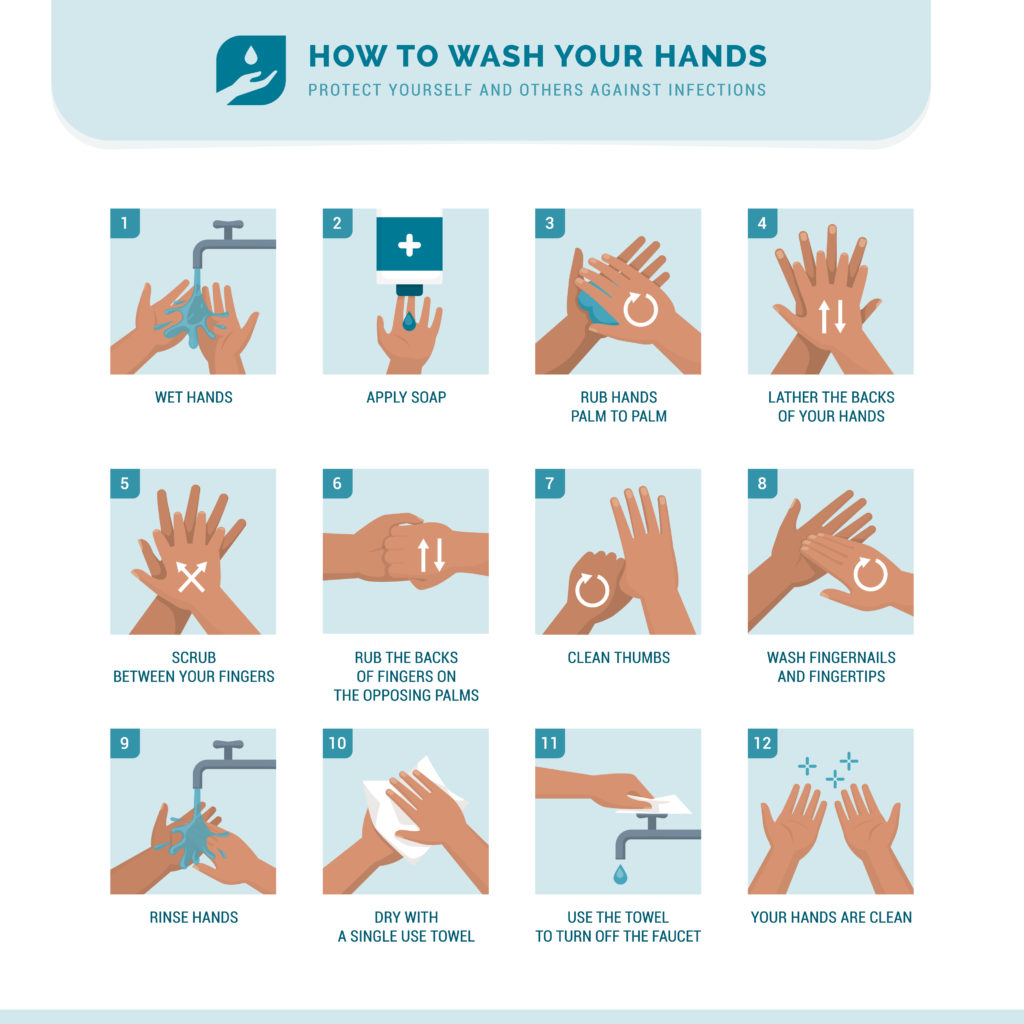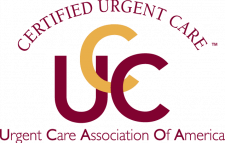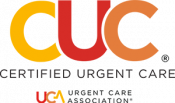Mindful handwashing. It’s something more and more people are doing since the beginning of the pandemic, but why is it so important and how long should it take? According to the Centers for Disease Control and Prevention (CDC) regular handwashing is one of the best ways to remove germs, prevent illness and stop the spread of germs to other people.
Knowing how long to wash your hands and the proper handwashing techniques can help prevent everything from diarrhea and respiratory infections, like COVID-19, to various skin and eye infections. Practicing good hand hygiene can also protect you from germs that are resistant to antibiotics and are becoming difficult to treat.
How many seconds should you wash your hands?
The CDC and Food and Drug Administration (FDA) agree that people should wash their hands with soap and water for at least 20 seconds to prevent the spread of germs, especially after going to the bathroom; before eating; and after coughing, sneezing, or blowing your nose. A good lather forms pockets called micellas that trap and remove germs, harmful chemicals and dirt from your hands when rinsed in running water.
If soap and water are unavailable, a hand sanitizer that is at least 60% alcohol may be substituted.
Six Steps to Proper Handwashing
Remove germs and prevent illness in six easy steps:
- Douse your hands with clean, running water (warm or cold), turn off the tap and apply soap.
- Create a lather by vigorously rubbing your hands together with soap. Be sure to lather the backs of your hands, between your fingers, thumbs, wrists and under your nails.
- Scrub your hands in this manner for at least 20 seconds.
- Rinse your hands thoroughly under clean, running water.
- Dry your hands using a clean towel or let them air dry.
- Repeat often.
Remove germs and prevent illness
Washing your hands properly with soap and water removes germs and prevents illnesses and infections because:
- Unwashed hands increase your risk of illness
According to a study published in the American Journal of Infection Control, people touch their face approximately 23 times per hour. Germs that transfer from the hands to the eyes, nose and mouth are what often make us sick. - Germs like to multiply
Germs pass from unwashed hands into certain foods and drinks, multiply and can often make people sick. - Germs like to hitchhike
Germs from unwashed hands can be transferred to other objects, like handrails,
tabletops or toys and then transferred to another person’s hands.
For more tips on how handwashing can prevent illnesses during the COVID-19 pandemic and beyond, contact Emerald Coast Urgent Care or visit our facility. We welcome walk-in appointments 7 days a week.




